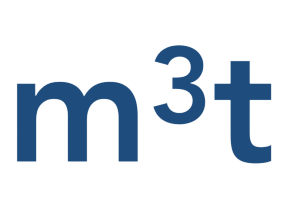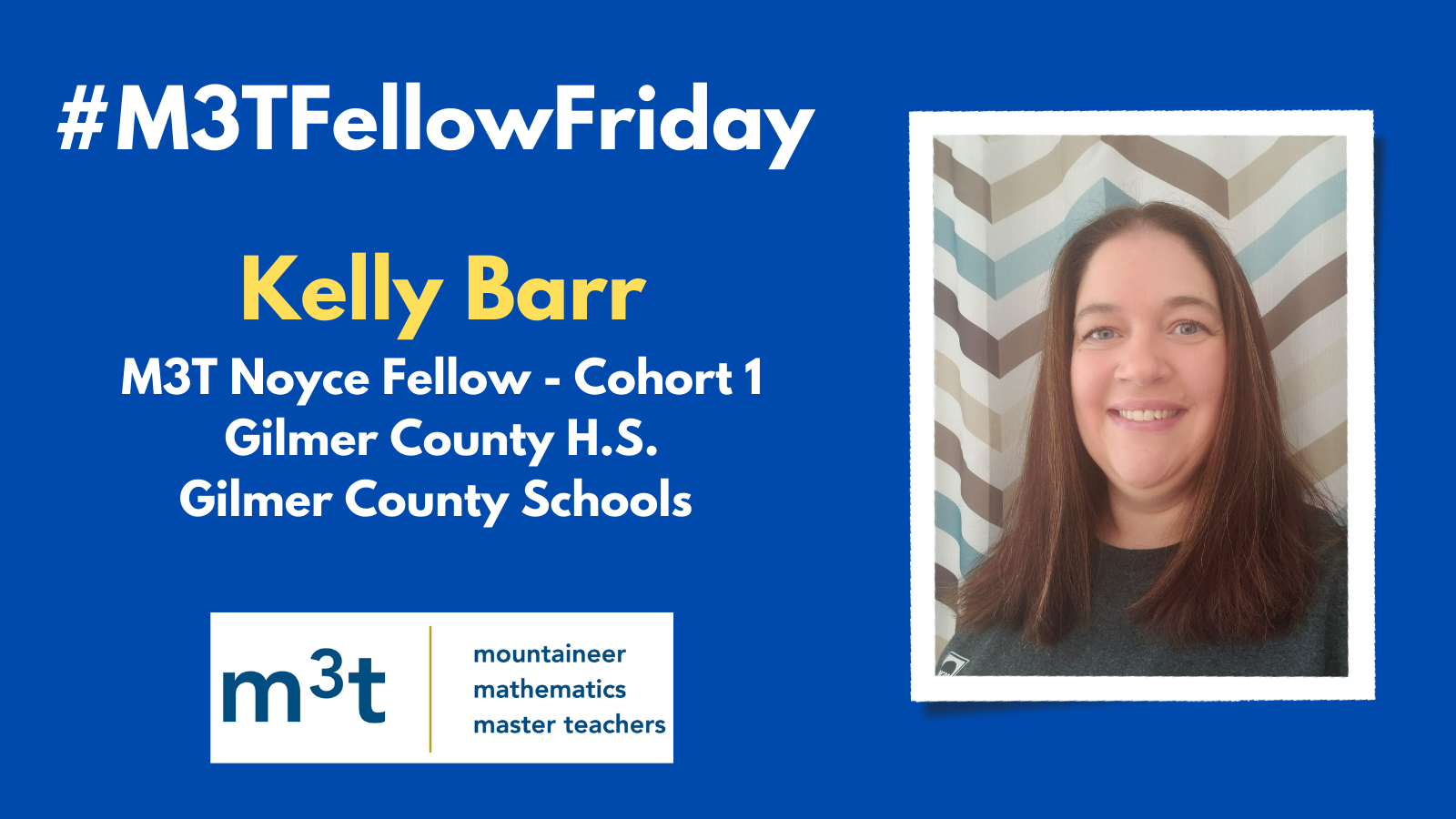Seven West Virginia schools were recently recognized with the College Board® Advanced Placement (AP) Computer Science Female Diversity Award for expanding female representation in AP Computer Science courses during the 2019-2020 school year. And two M3T Fellows—Jennifer Nail-Cook of Pocahontas County High School and Adam Riazi of Cabell Midland High School—have played critical roles in their respective schools’ achievements.
In addition to her mathematics teaching responsibilities, Nail-Cook teaches AP Computer Science A and, along with M3T Benedum Fellow (2019-2020) Laurel Dilley, also teachers AP Computer Science Principles and a robotics course. For Nail-Cook, the opportunity to teach computer science was an interest since taking an introductory course in college.
“I really love the puzzle that is coding. I always tell kids when I teach proofs that I love the puzzling and the problem solving and the feeling of satisfaction when it works”, says Nail-Cook. “I think coding is something really similar, but with a more exciting outcome since you get to see your code run.”
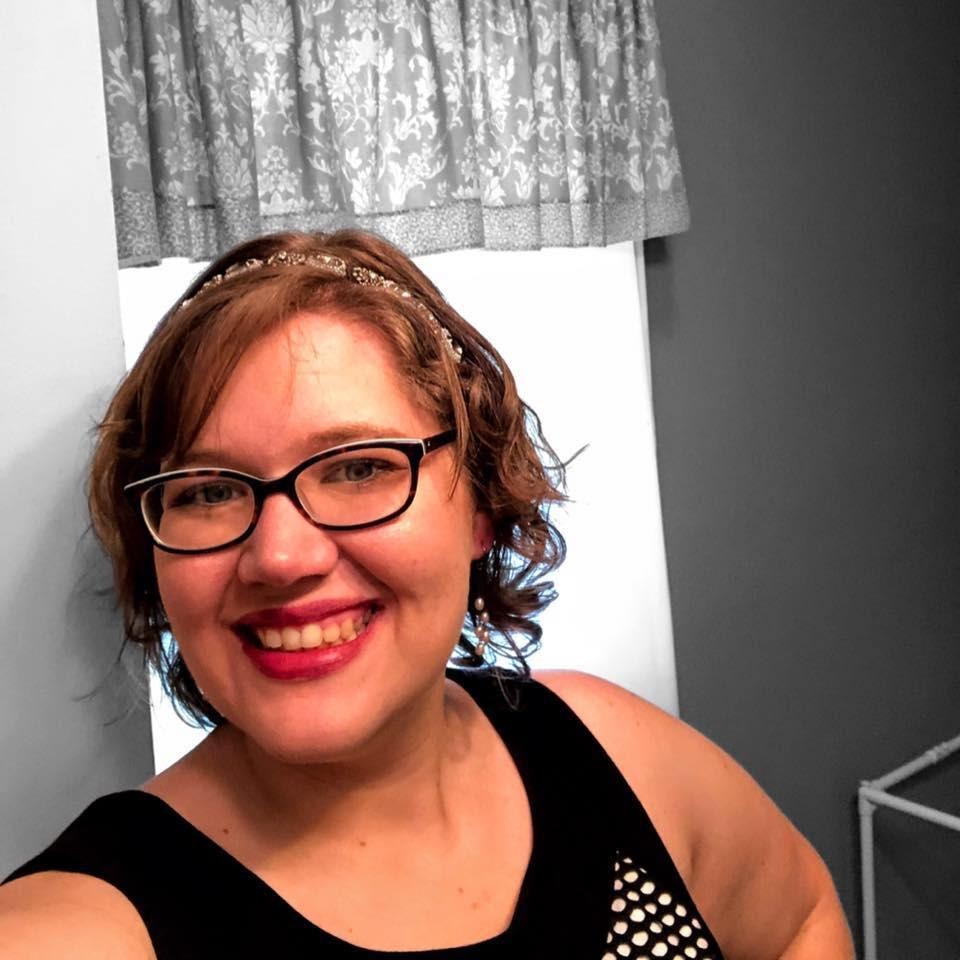
According to Nail-Cook, the high percentage of young women in the computer science courses at Pocahontas County High School is a product of appealing to students who love problem solving. Having two women teaching the courses also, “does a lot to say that computer science is a field that isn’t just for men.”
Riazi inherited the AP Computer Science Principles course when starting his position at Cabell Midland High School and was “hooked” after participating in training from Code.org.
“What draws me to teaching computer science is the exploratory nature of the subject and the way that it lends itself to a self-directed, yet collaborative classroom,” says Riazi, who has also been recognized with the National Center for Women and Information Technology (NCWIT) Aspirations in Computing (AiC) West Virginia Educator of the Year award in 2020 and 2021.
“With computer science, I am able to turn over control of the classroom to a great extent to my students, as they take ownership and responsibility for their own learning.”
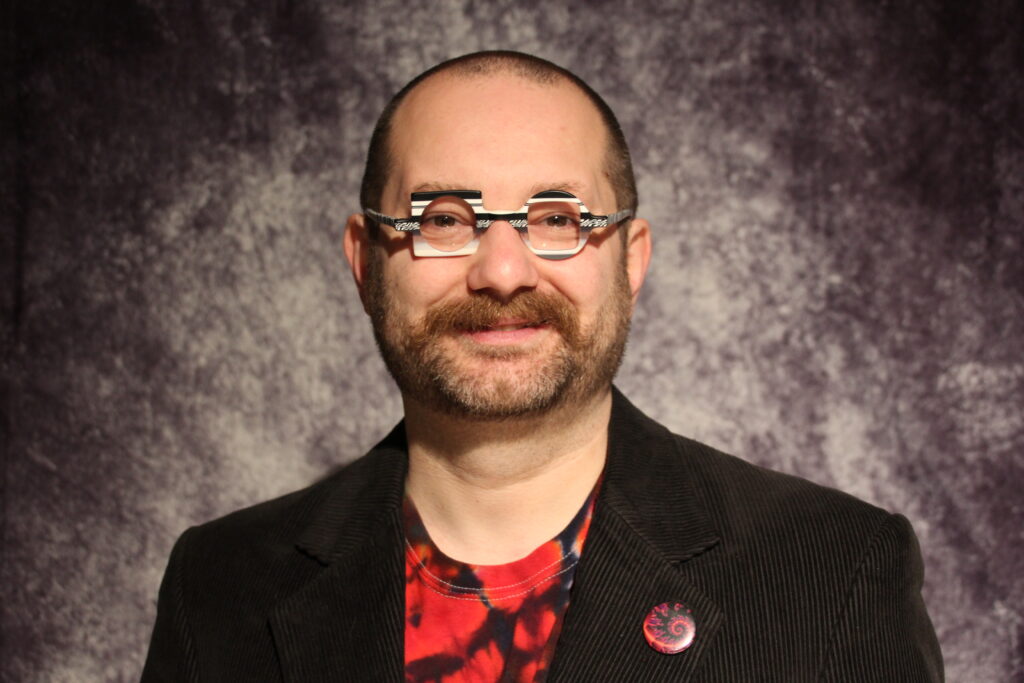
For Riazi, increasing the gender diversity in computer science is a product of collaboration with school administrators and counselors, community outreach, and the word-of-mouth from former students. He is also sure to, “highlight professionals within the computer science community from traditionally underrepresented or oppressed groups,” and to, “discuss some of the inherent biases that stem directly from the underrepresentation of certain groups of people in the computer science community.”
Congratulations to these M3T Fellows, their schools, and to all of the schools in West Virginia and across the country recognized for supporting diversity in computer science!
[Banner photo by ThisisEngineering RAEng on Unsplash]
